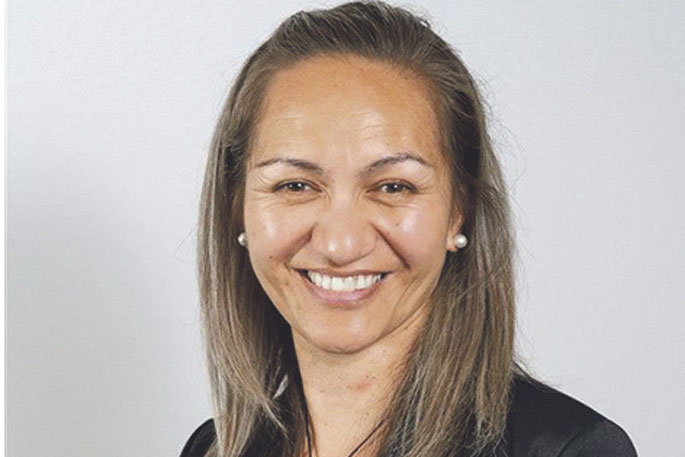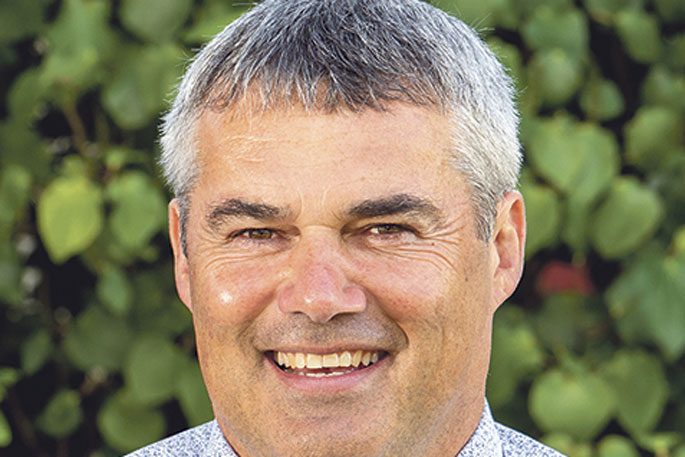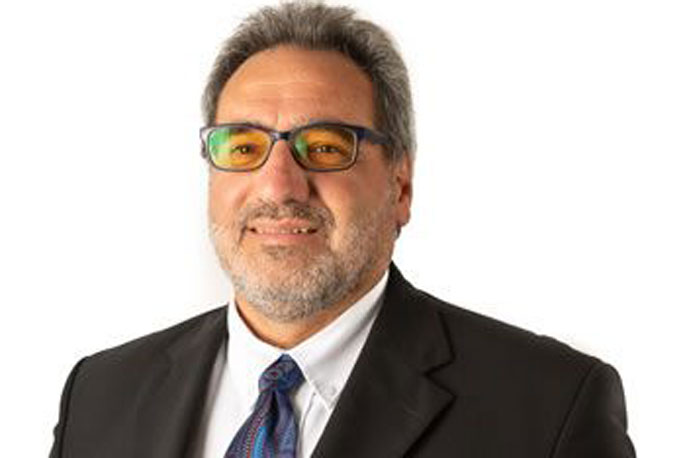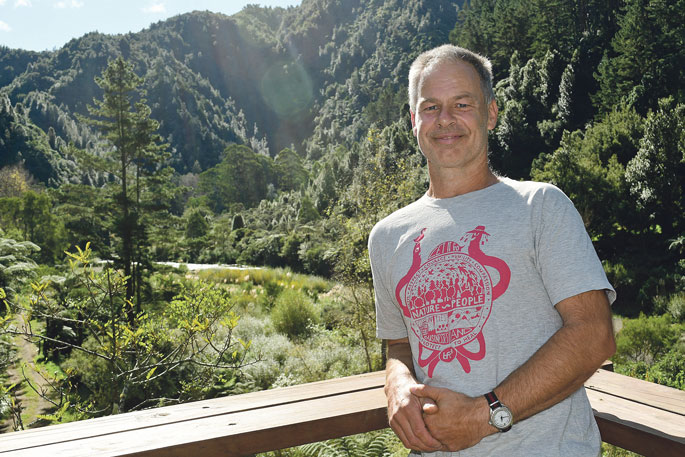The future of Eastern Bay economic development agency Toi-EDA appears to be in jeopardy as the sub-region's three district councils reconsider their contributions.
Whakatāne, Kawerau and Ōpōtiki district councils have weighed up their contributions as a means of cutting costs this year.
Toi-EDA was formed in 2005 by Whakatāne, Kawerau and Ōpōtiki district councils, Bay of Plenty Regional Council and Mātaatua iwi leaders to promote a co-ordinated approach to regional economic development throughout the Eastern Bay.
Its most recent annual report, from 2022-2023, shows it receives around $211,000 a year from Whakatāne District Council, $78,000 a year from Ōpōtiki District Council, $25,000 a year from Kawerau District Council and $20,000 a year from Bay of Plenty Regional Council.
It receives even greater amounts from fundraising and donations from several central government ministries and industry for such projects as cyclone relief, housing, workforce development, driver training and licensing.
Kawerau Mayor Faylene Tunui said a formal resolution to withdraw funding, representation and participation for the organisation would be made at an upcoming meeting due to “tough times”.
"We need to manage the rates collected from ratepayers wisely, and ensure we’re getting maximum benefit from every investment we make on their behalf,” she said.
“Council’s elected members and the Toi-EDA board met recently and we look forward to finding alternative ways to work together in the future.”
 Kawerau Mayor Faylene Tunui says Kawerau would look at finding alternative ways to work together with ToiEDA.
Kawerau Mayor Faylene Tunui says Kawerau would look at finding alternative ways to work together with ToiEDA.
As part of cost cutting measures put forward in its long-term plan consultation, Ōpōtiki council asked for feedback on plans to reduce its involvement with the agency, meaning the council would “no longer be involved in the economic development planning and activities led or supported by Toi EDA”.
“Ōpōtiki District’s capacity for economic growth may be affected by the lack of involvement in this strategic planning,” the consultation document said.
At a submission hearing to Ōpōtiki council’s long-term plan, Toi-EDA trustee Justin Ford-Robinson said the agency had helped bring a lot of investment into the district in the past few years.
“If nothing else, Covid showed us the importance of strong relationships as part of community resilience, to provide cohesion and support to enable recovery to happen more quickly.
“To my mind, Toi-EDA is one of those organisations that has very strong relationships through business, through government, through social organisations and it has proved that it has enabled a lot of investment in the region in the last few years, both in business and in social areas.
"It has enabled business growth as well as drawn in investment.
"Toi-EDA may cost you $60,000 a year but if it’s bringing in, maybe a million dollars a year, well, the benefits perhaps outweigh the costs.
“Sometimes we have to think about not just can we afford to do things, but can we afford not to do them. With climate change, a warming world, a number of other pressures that are happening, we are going to see massive change.
“With Toi-EDA, it is a matter of put in some money and gain some collective outcomes.”
 Whakatane Mayor Vicor Luca, picture below, and Ōpōtiki Mayor David Moore, picured above, are still considering their councils' involvement with Toi-EDA.
Whakatane Mayor Vicor Luca, picture below, and Ōpōtiki Mayor David Moore, picured above, are still considering their councils' involvement with Toi-EDA.

Whakatāne Mayor Victor Luca said Whakatāne District Council had not decided yet about its contribution to Toi-EDA.
“We’re in the process of reviewing where we stand on the matter,” he said.
Mr Ford-Robertson told Local Democracy Reporting that if two of the three councils were not interested, Toi-EDA would have to question whether it had a role.
While much of its funding came from sources other than local councils, that funding was conditional on it being a council-led agency.
“Our kaupapa has been designed on that subregional development so if we didn’t have that core funding from councils, where does our mandate come from, really," Mr Ford-Robertson said. "Otherwise, the ministries aren’t going to put money into us because we’re not connected to the community.”
LDR is local body journalism co-funded by RNZ and NZ On Air.




0 comments
Leave a Comment
You must be logged in to make a comment.